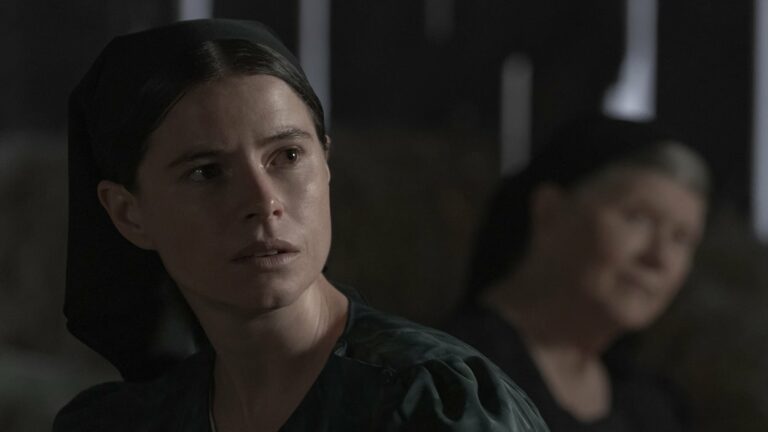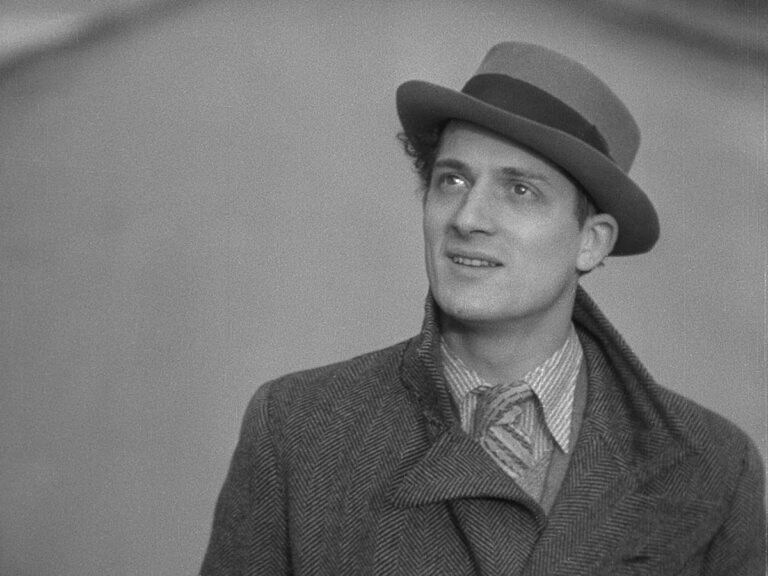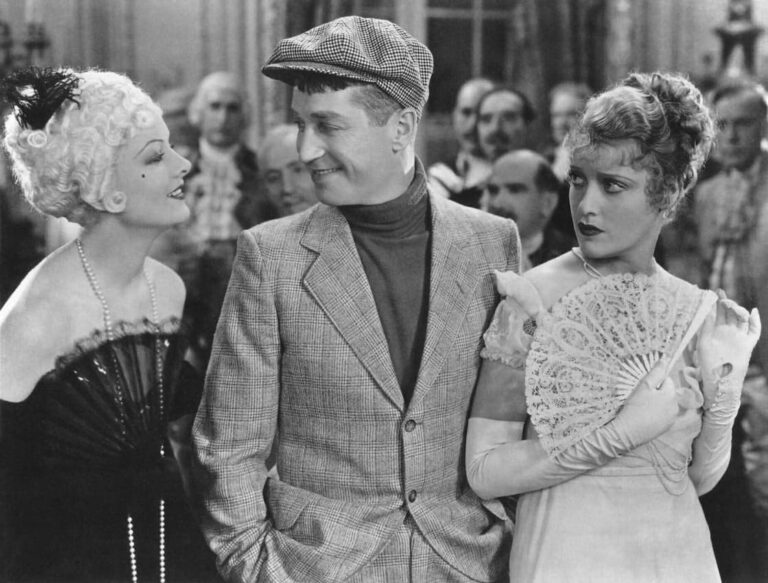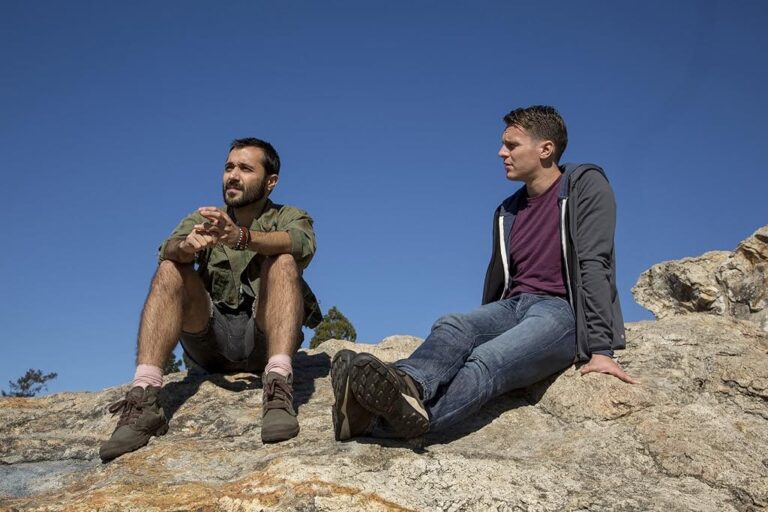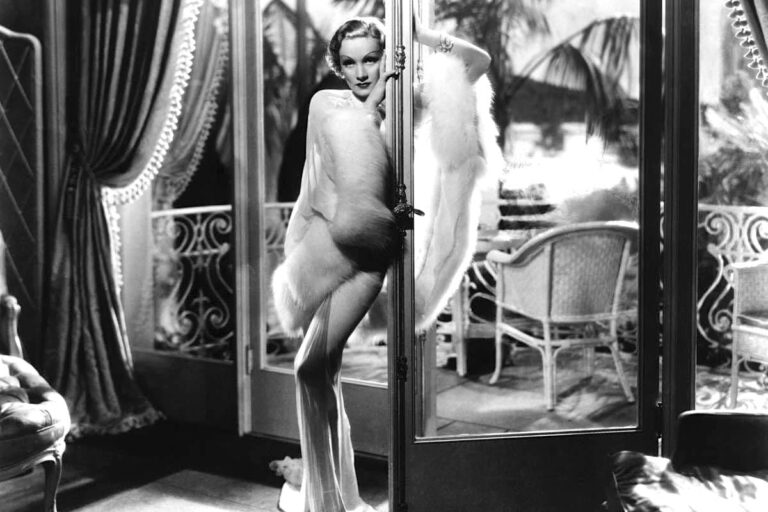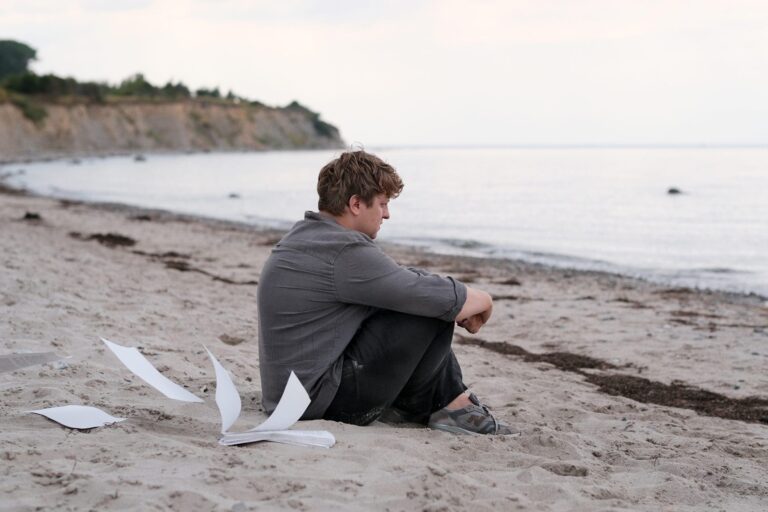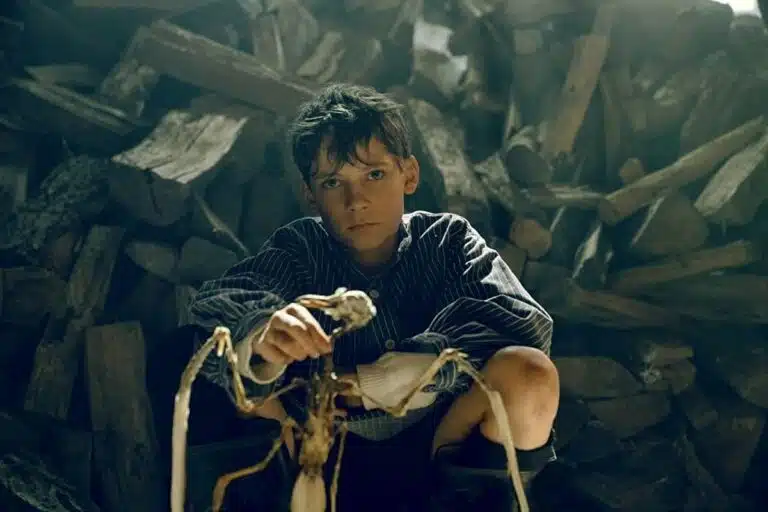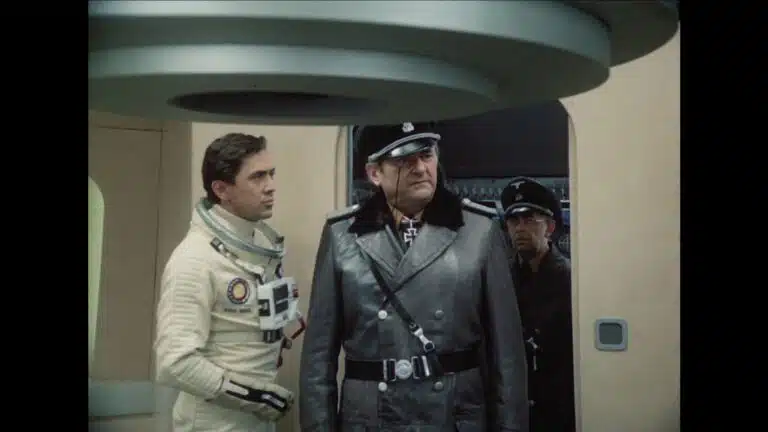Women Talking
Women Talking could have got a lot of dramatic mileage simply by telling the story of what happened rather than what happened next. But it opts for the latter, a daring ploy that eventually yields results, though there are moments on the journey when it looks like it’s not going to make it. Here’s what happened. In a devout, modernity-shunning Mennonite community in Bolivia between 2005 and 2008 a number of women and girls started waking up mornings to discover they’d been raped in their sleep. The youngest of the 151 victims was three, the oldest was 65. The community elders suggested that Satan was responsible, or one of his demons or possibly … Read more
